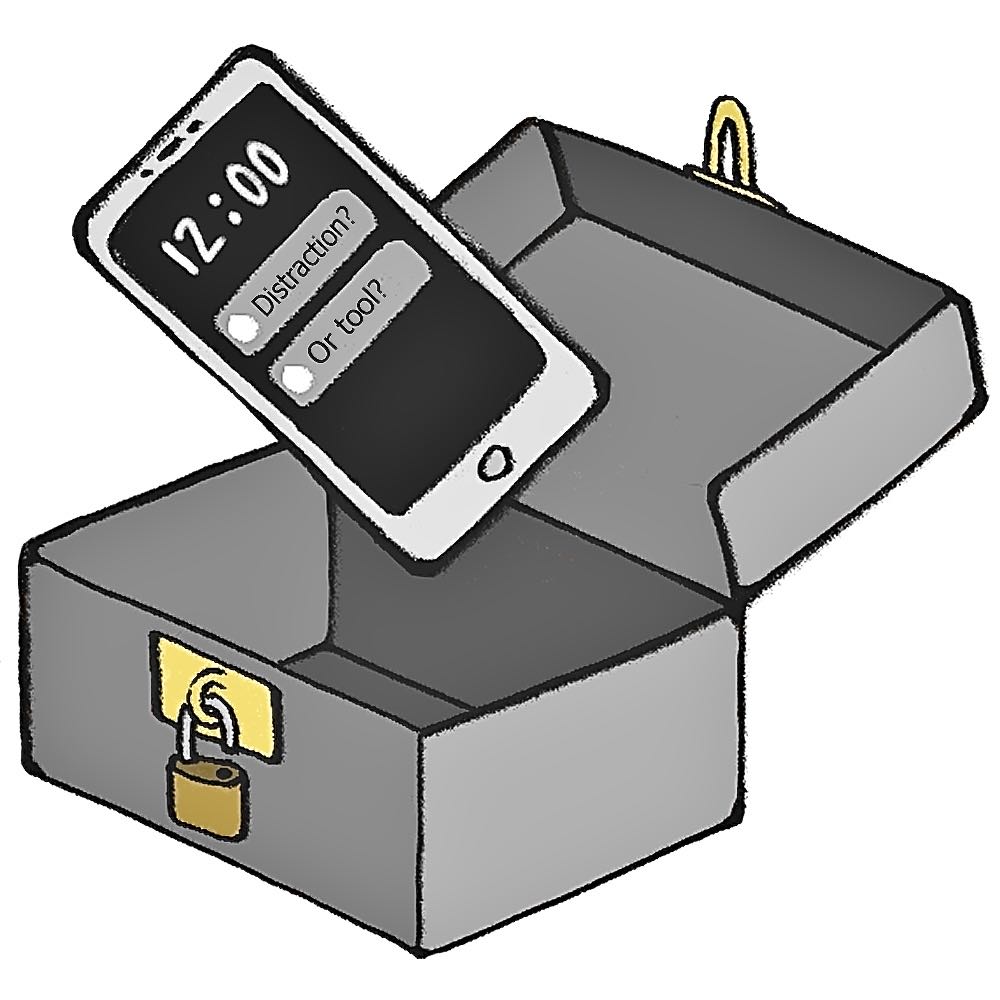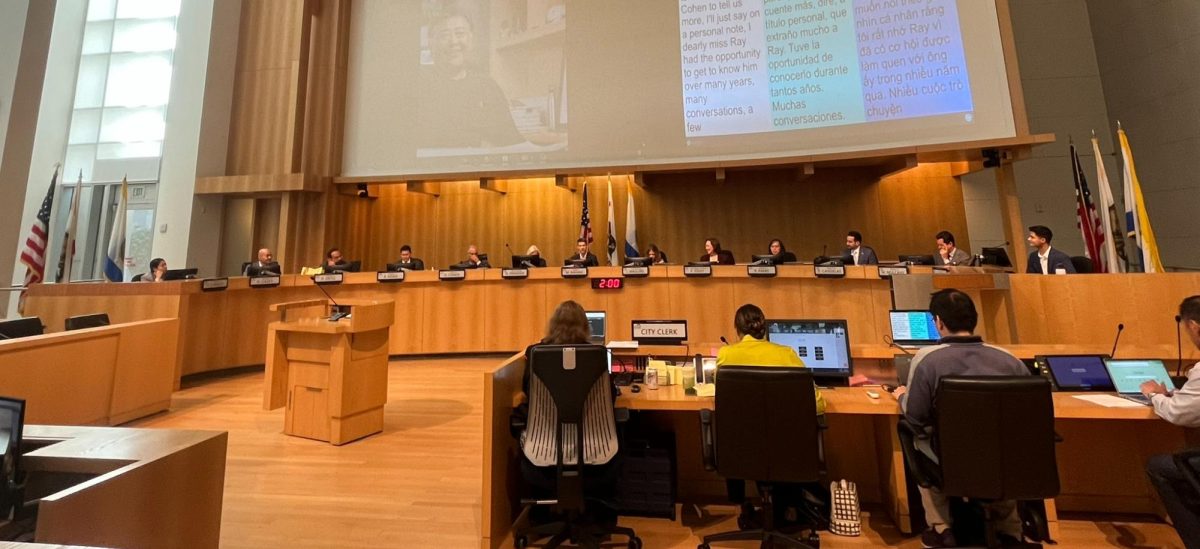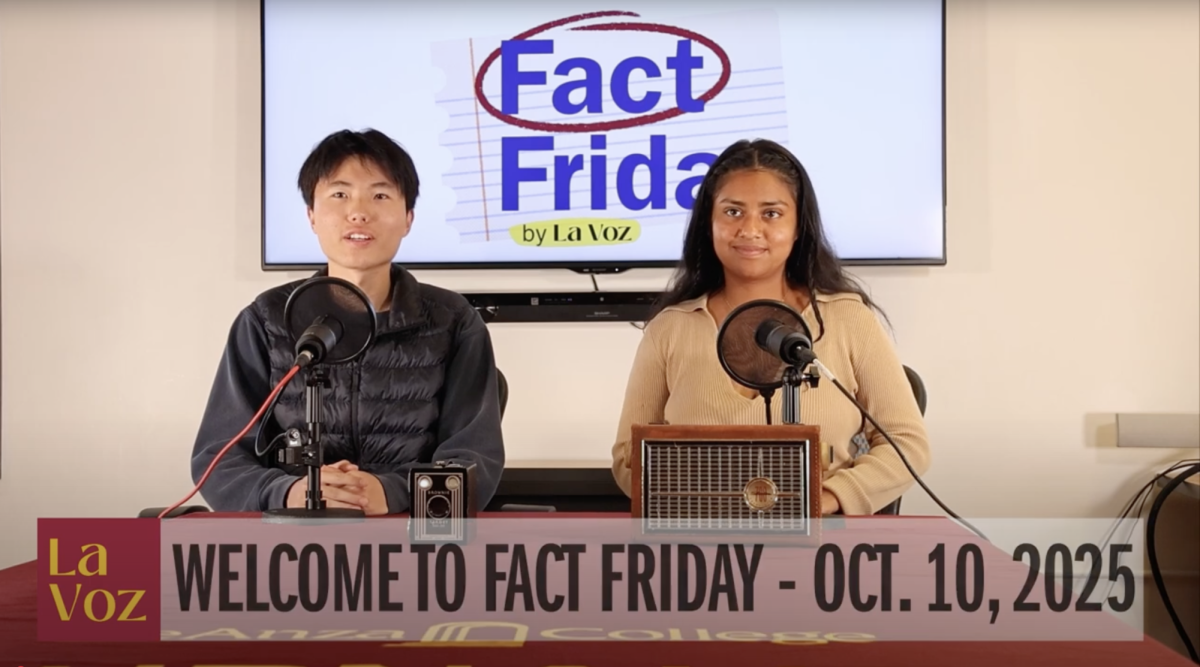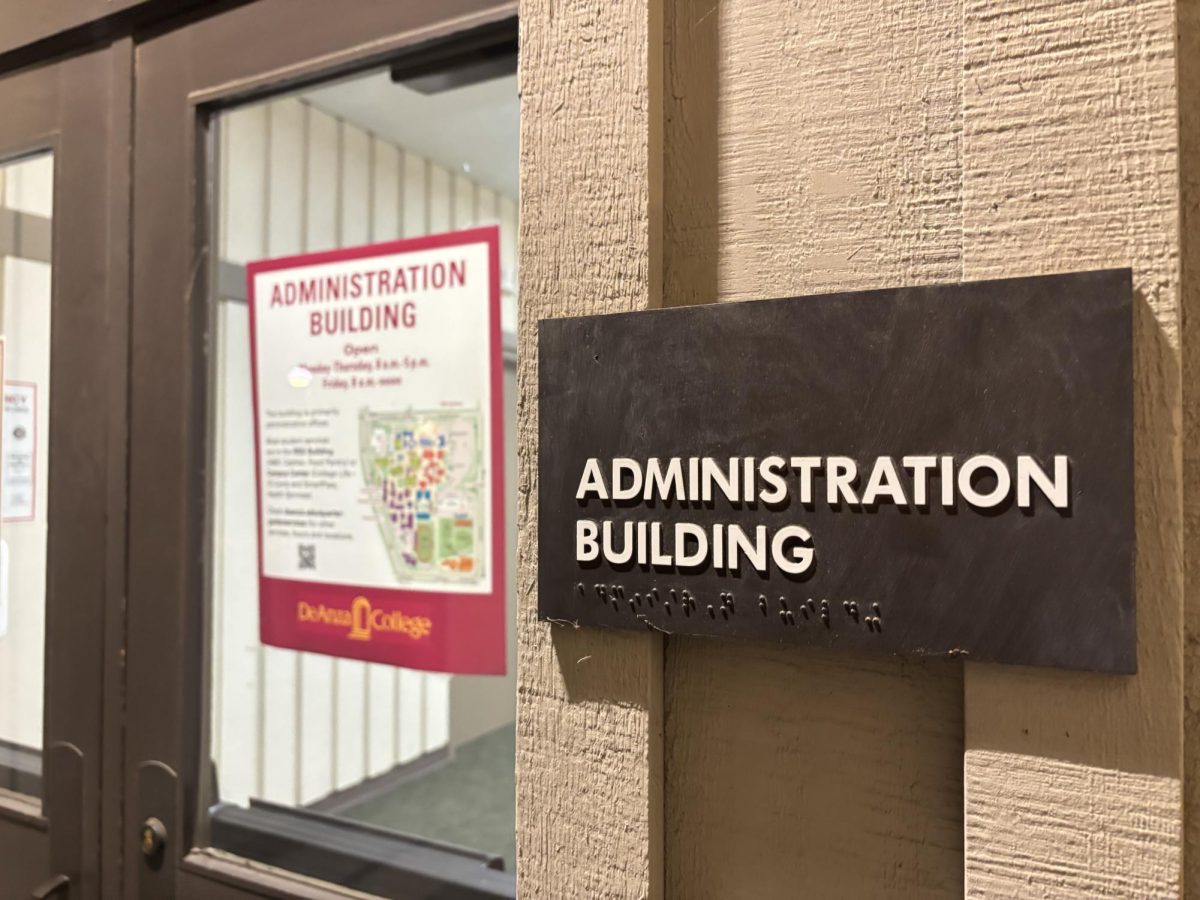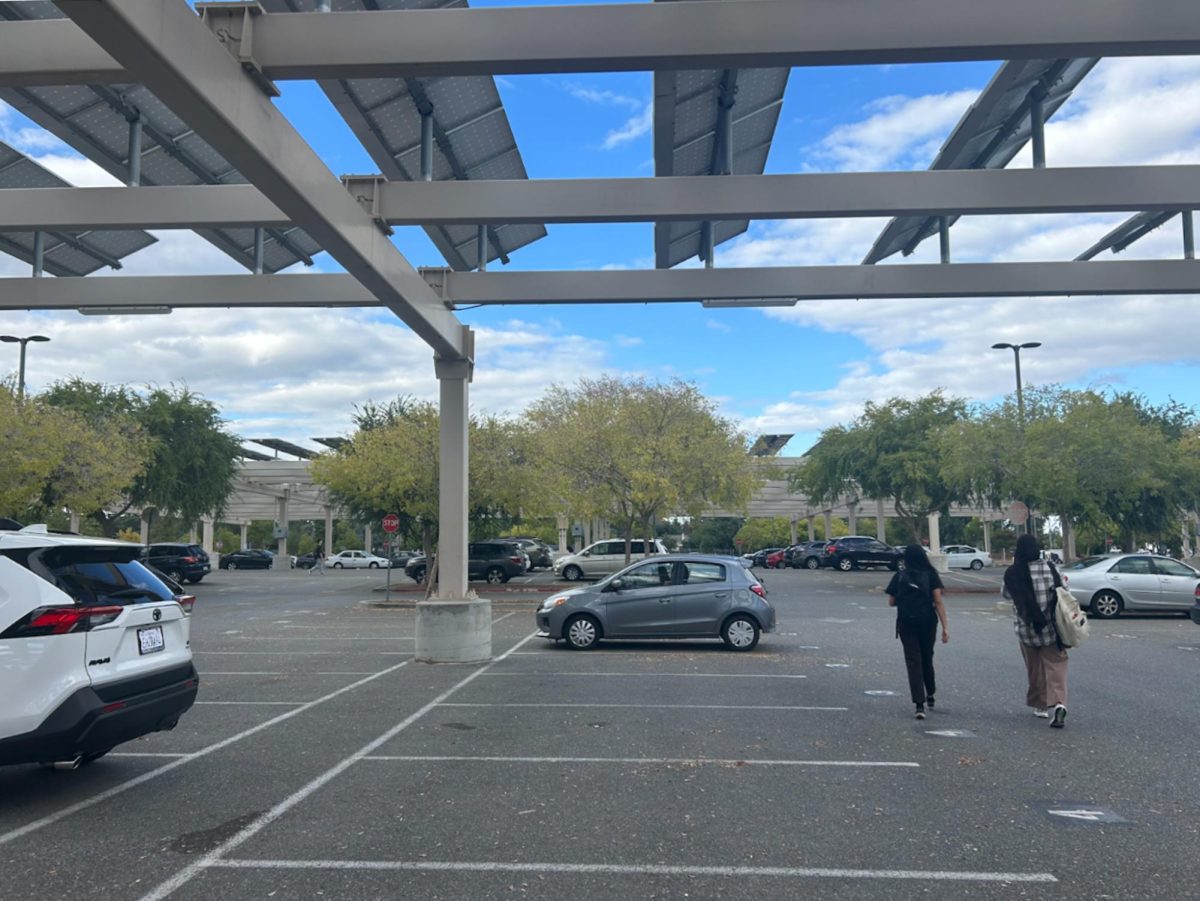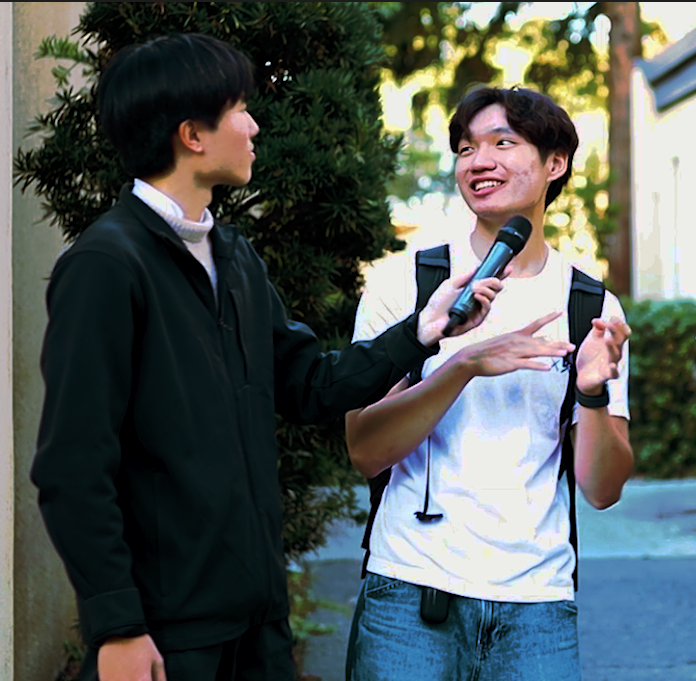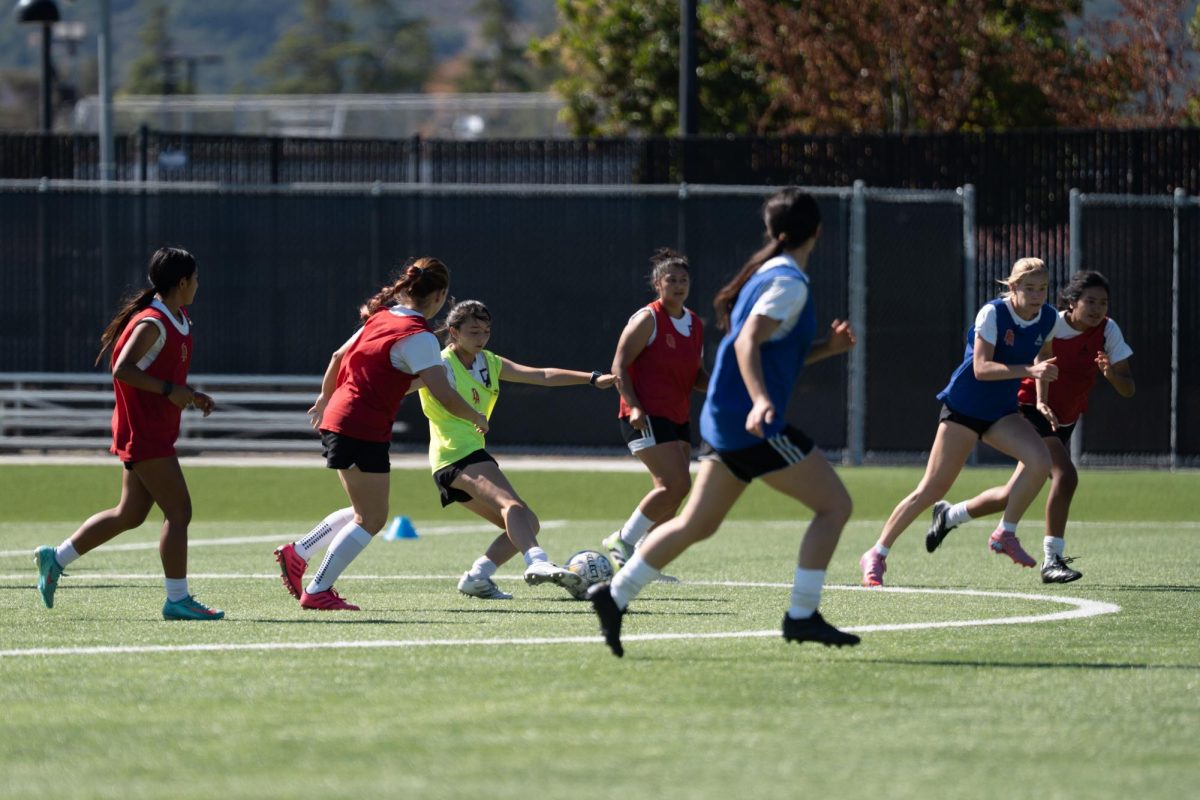California Gov. Gavin Newsom signed the Phone-Free School Act on Sept. 24, requiring all schools across the state to limit smartphone use during school hours. By July 1, 2026, every school district, charter school, and county office of education will be required to implement policies to restrict smartphone usage among students.
According to a study done in June 2024 by the Pew Research Center, 72% of high school teachers identified cell phone distraction as a major problem in their classrooms. Therefore, the bill aims to reduce the negative impact of smartphones on students’ ability to concentrate. However, reactions to the legislation are mixed, with both teachers and students offering differing opinions.
Kris Ferguson, a Piedmont Hills High School biology teacher, expressed support for the bill but emphasized the need for balance.
“Most teachers will be in favor of it. I, myself, would definitely be in favor,” Ferguson said. “You know, we’ve already seen the results. They’re definitely distracting, but I also use them as well, so it’s still got to be pretty well controlled.”
However, Ferguson also said that smartphones are often used as a backup when school-provided technology like Chromebooks fail. According to NBC Bay Area, some parents have raised concerns that school cell phone bans will prevent communication from their children during emergencies.
“Welcome to how it was for the rest of the world and even this country, prior to eight years ago. If something is going on that’s that serious at home, they should probably stay home,” Ferguson said. “If it’s an emergency, you can still go the old route — you contact the school, and they will get in contact with the child.”
Ferguson said a shift he observed in student behavior when implementing phone restrictions.
“Students at first don’t like it. … But over time, they do appreciate it because they do see the difference. I think it even changes the way they think a little bit,” Ferguson said.
Not all students are on board. Hannah Nguyen, 16, a junior at Piedmont Hills High School, said that while the policy might help reduce distractions, it will also frustrate many students.
“I think it’s useful for teachers, but it’s not that useful for students,” Nguyen said.
Nguyen said that many students rely on their phones for listening to music or conducting quick internet searches when their school-provided devices are unavailable.
“I know a lot of students, when they start getting more restrictive, they also start to act out more, and people would start to make a lot more excuses to see their phones anyways,” Nguyen said.
Nguyen also voiced concerns about the practicality of using the school office to contact parents, as some teachers suggest.
“I think there would just be a long line of people at the office,” Nguyen said. “A phone is very much necessary for contact with family, guardians and whoever is going to pick them up, and if they have a ride home.”
Miguel Leyva, 18, business major, said that the restrictions may be too harsh as smartphones are an important part of both personal and academic use.
“I don’t think that’s a good idea … I (get) a notification on my phone about family stuff,” Leyva said.
Leyva also said that smartphone use varies depending on the class type.
“When I was in high school, it was different, because (in) many of my regular classes, it was a distraction, but in AP or IB classes, it was not a distraction, so it was just depending on the students and on the class,” Leyva said.
While the bill focuses on limiting distractions for young students, some argue that colleges should also adopt smartphone policies.
“I don’t think so, because you’ve got to use more of the internet in college, so it’s going to be more difficult,” Leyva said.
He said that college students are adults responsible for their own learning, and smartphone usage is often necessary for research and coursework.
“Everyone decides if they want to continue their education or not,” Leyva said.
Ferguson believes there is merit in regulating phone use even at the college level.
“I think schools are well within their right to clamp down on cell phone usage and make it just manual,” Ferguson said.
He said that even in professional settings, such as meetings at major companies, employees are often distracted by their devices, raising concerns about self-control.
“I do agree with that statement that they’re adults and they’re paying for college like you would think they would,” Ferguson said. “Maybe that just helps weed out those that don’t have self-control.”



